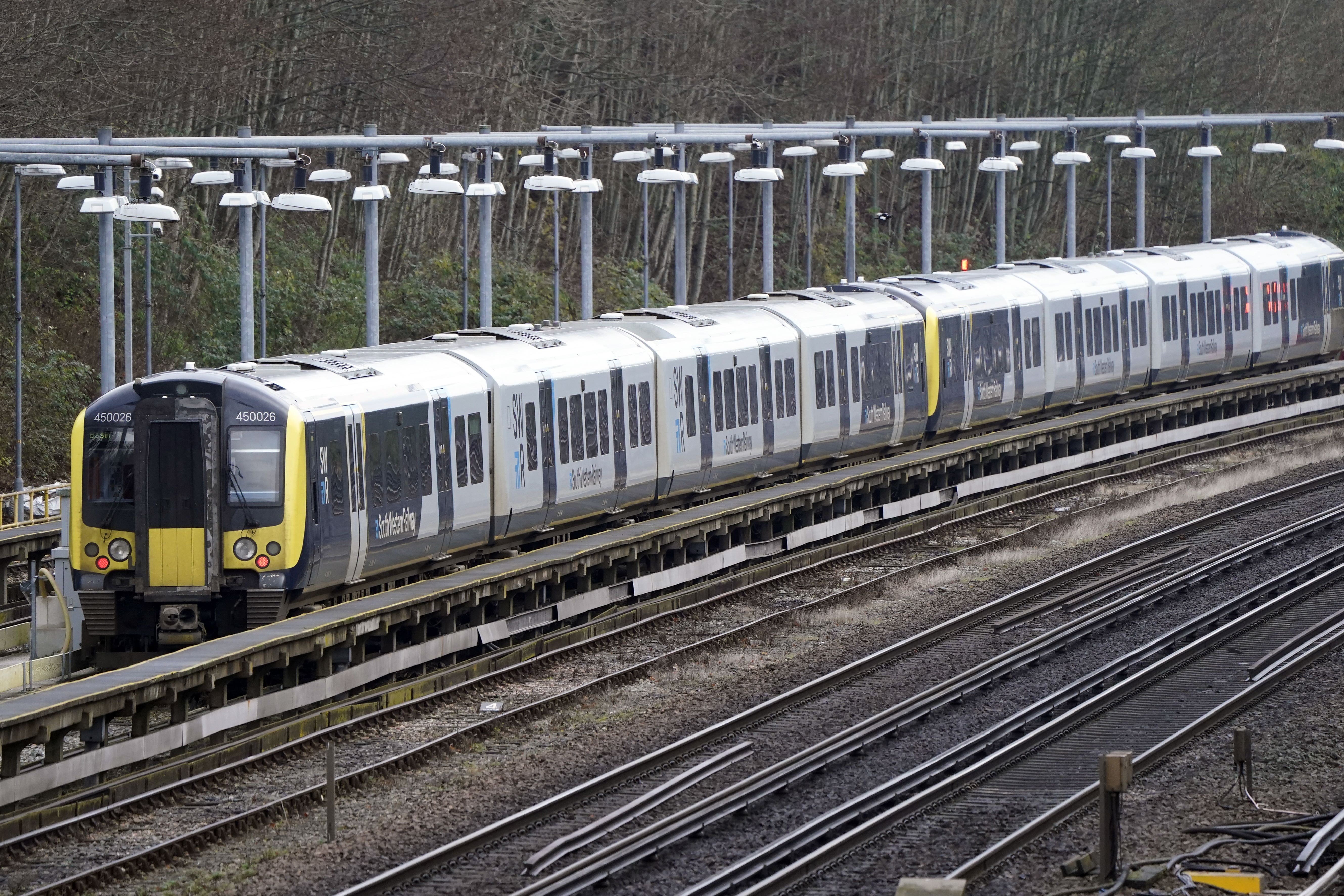Several UK train companies have warned customers to expect delays to their journeys due to the weather - but not the kind you may expect.
Rather than storms that so often cause disruption to our railways, it is the hot and dry weather that is sparking issues.
Train operators are trying to deal with dried-out and shrunk clay soil on which its rail tracks sit, as the UK experiences one of the hottest summers it has ever seen.
This clay causes uneven tracks, making it necessary for train operators to slow down their trains for safety reasons.
Passengers have been urged to check their journeys, as the speed restrictions could mean delays and even cancellations due to timetable changes.
Here’s some information about the changes and why they are necessary.

Which train operators are affected?
C2C is the latest operator which has had to amend its timetable from Monday in response to the track conditions, which it said have been affected by the driest spring in more than 50 years.
From Monday, customers have been urged to check their journeys in advance.
Simon Milburn, infrastructure director for Network Rail Anglia, said: “We are really sorry for the disruption to passengers from the timetable alterations, but we need to keep everyone moving safely.
“Our teams are working together to keep running the best possible service for passengers, even with the significant challenges we face with clay soil following prolonged dry spells.”
South Western Railway has also been affected, explaining it had seen some of the driest conditions for around 200 years.
The clay soil embankments which support its tracks have dried out across long stretches of the route between Gillingham and Axminster.

Why does this happen?
Train operators have said the exceptionally dry spring and summer have sparked the issues across the network.
The UK had its fifth-hottest July on record, according to provisional Met Office figures. This followed the UK’s driest spring since records began in 1836.
C2C, which operates between London and south Essex, said the clay soil underneath its lines had shrunk, causing the track to drop in places and become uneven.
South Western Railway said because track levels have been disturbed, their trains cannot travel safely at their normal speeds.
Last year Network Rail dropped 12,600 tonnes of ballast across the route to try to minimise the effects of clay shrinkage, but an exceptionally dry spring this year has meant that it hasn’t been possible to eliminate track issues.
It said it would need to rain for a solid three months for a soil moisture deficit not to impact services this summer.
Network Rail said although this can happen across Britain, there are different soil types across the country, meaning soil moisture is a particular problem in southern England where there is a lot of clay in the ground.

How will journeys be affected?
C2C advised customers to check journey planners before they travel, as trains operate at slower speeds with journeys taking longer than usual.
It said this may mean trains run at slightly different times, with a small number of services each day to be altered to start or terminate early.
The alterations are expected to be in place for between two and three months.
South Western Railway said due to the speed restrictions between Gillingham and Axminster, an amended timetable is in place for services between London Waterloo and Exeter St Davids.
This means only one train is running every two hours rather than the usual one per hour.
It said train services between London Waterloo and Yeovil Junction are also taking approximately 25 minutes longer than usual between Tisbury and Yeovil Junction.
It said the timetable changes will be in place until further notice.
An eclipse expert’s guide to the upcoming solar blackout
Air Canada cabin crew strike disruption continues
Air Canada strikes: Passenger rights as the shutdown continues
‘We feel abandoned – we certainly won’t be flying Air Canada again’
Major airliner grounded as cabin crews defy back-to-work order
Millions of drivers warned ahead of bank holiday traffic chaos







